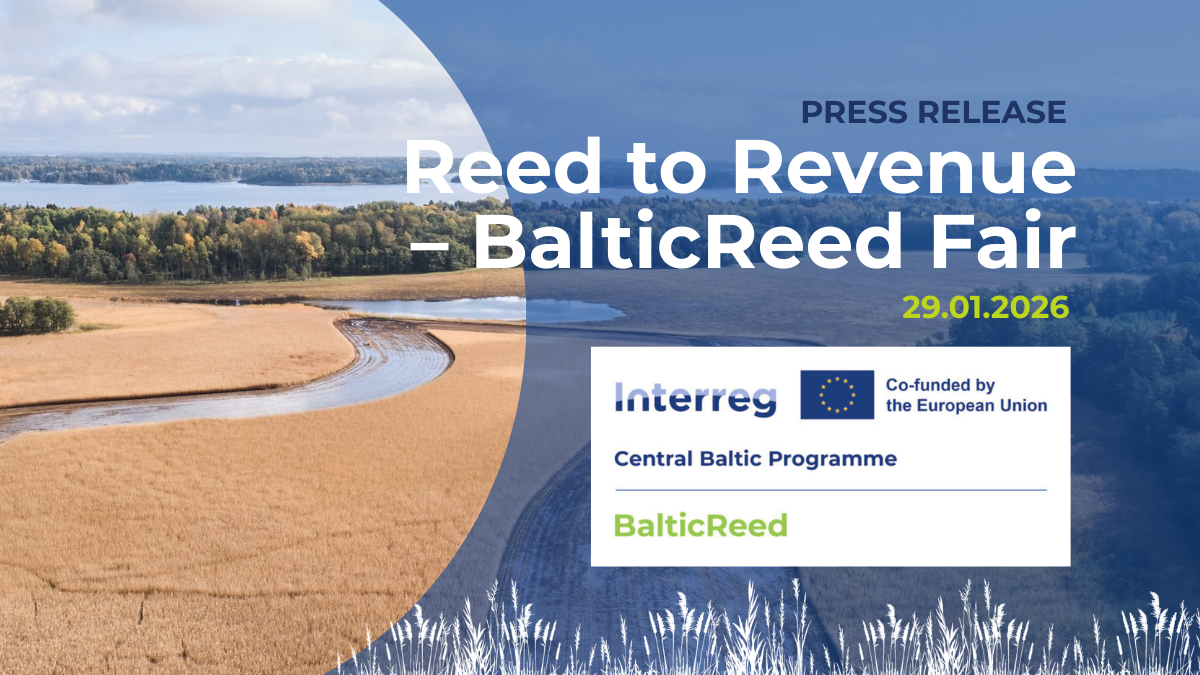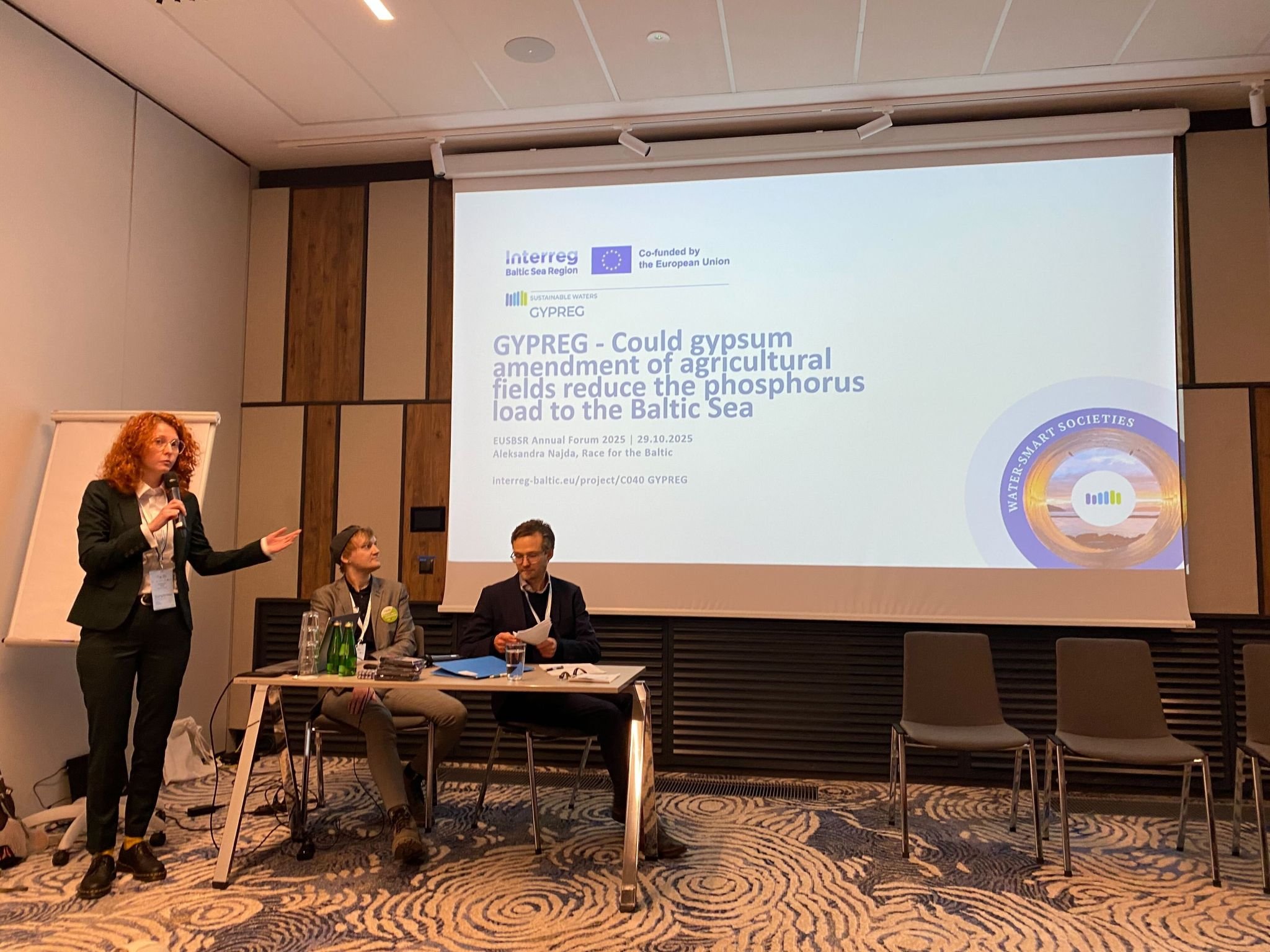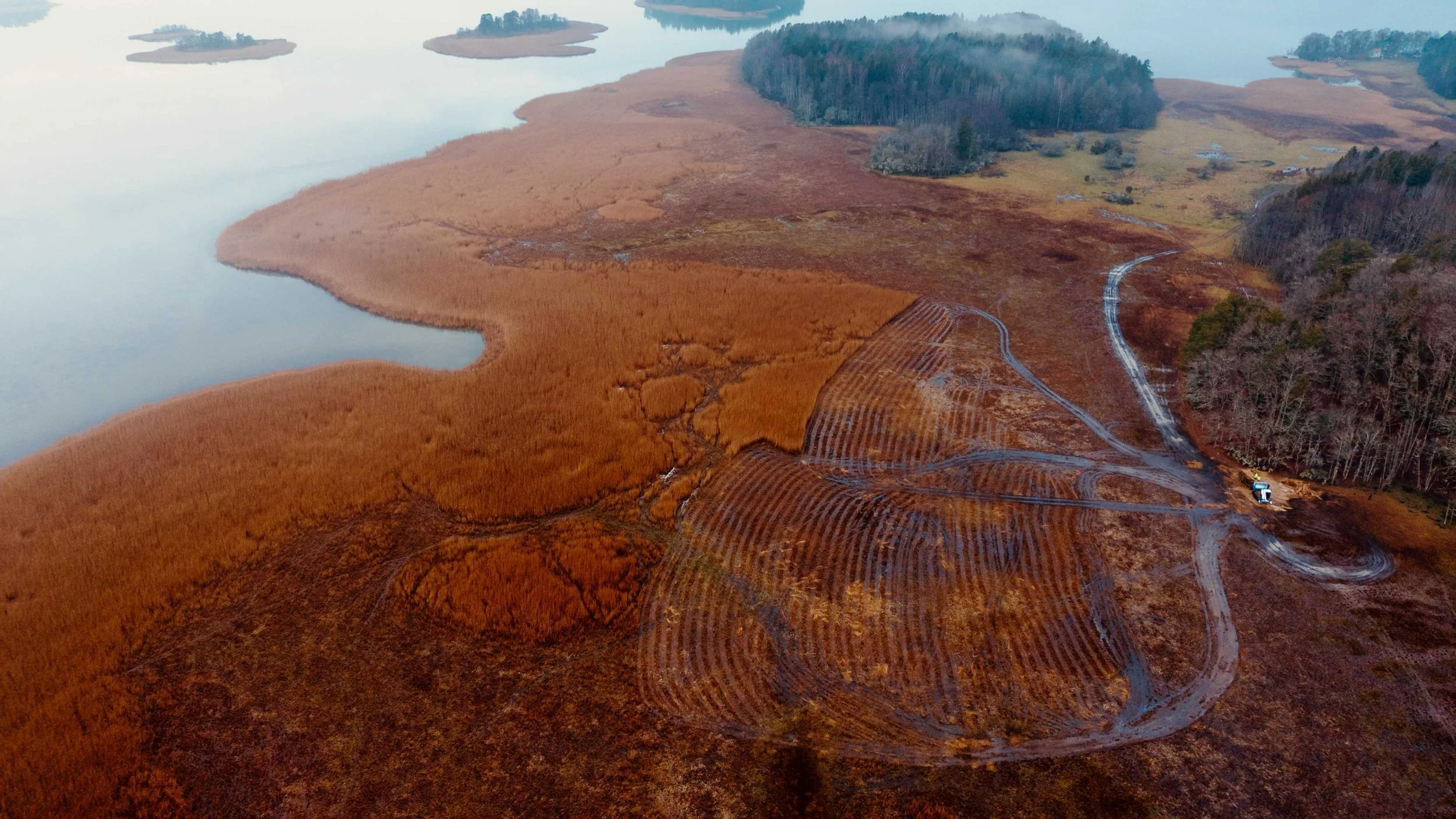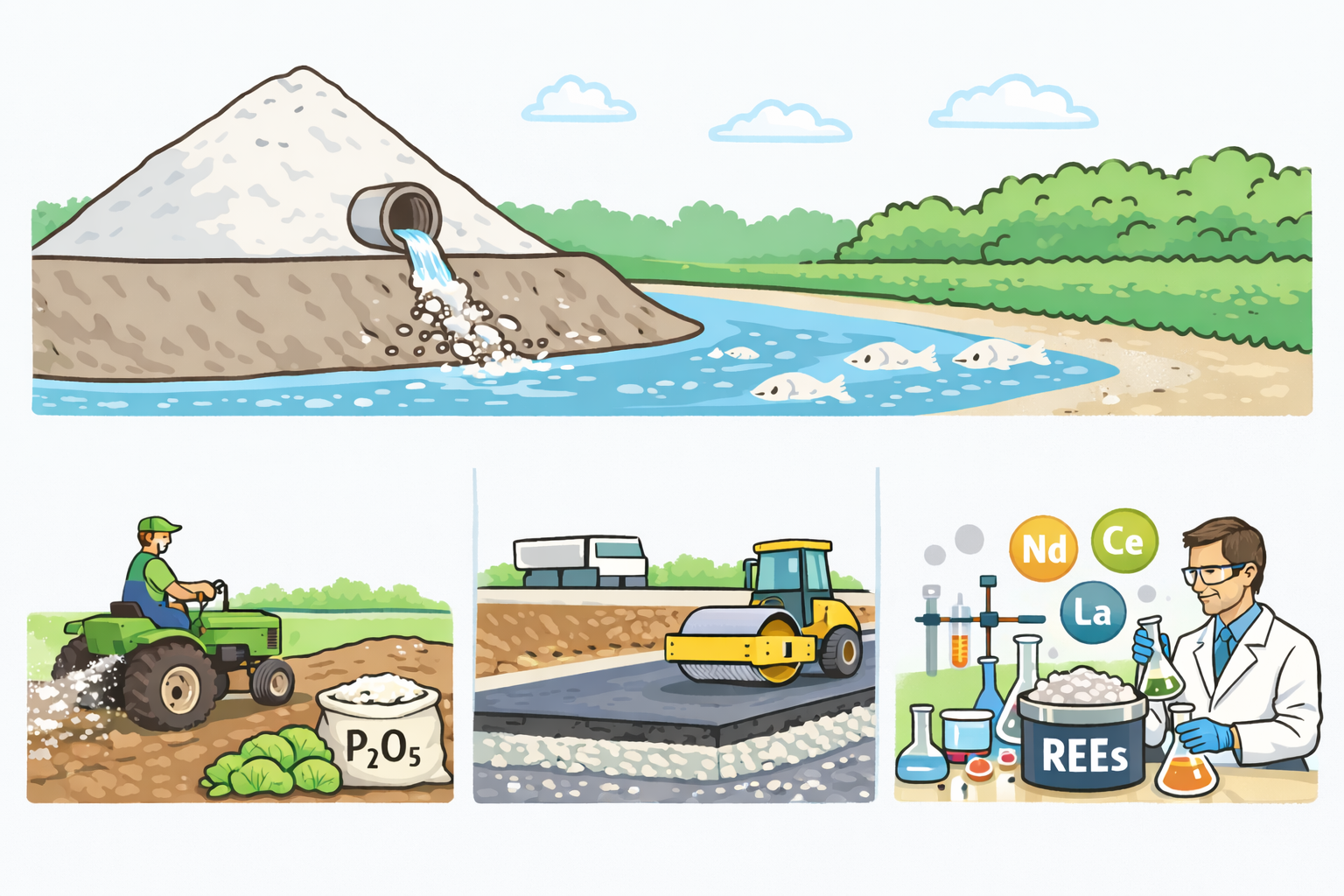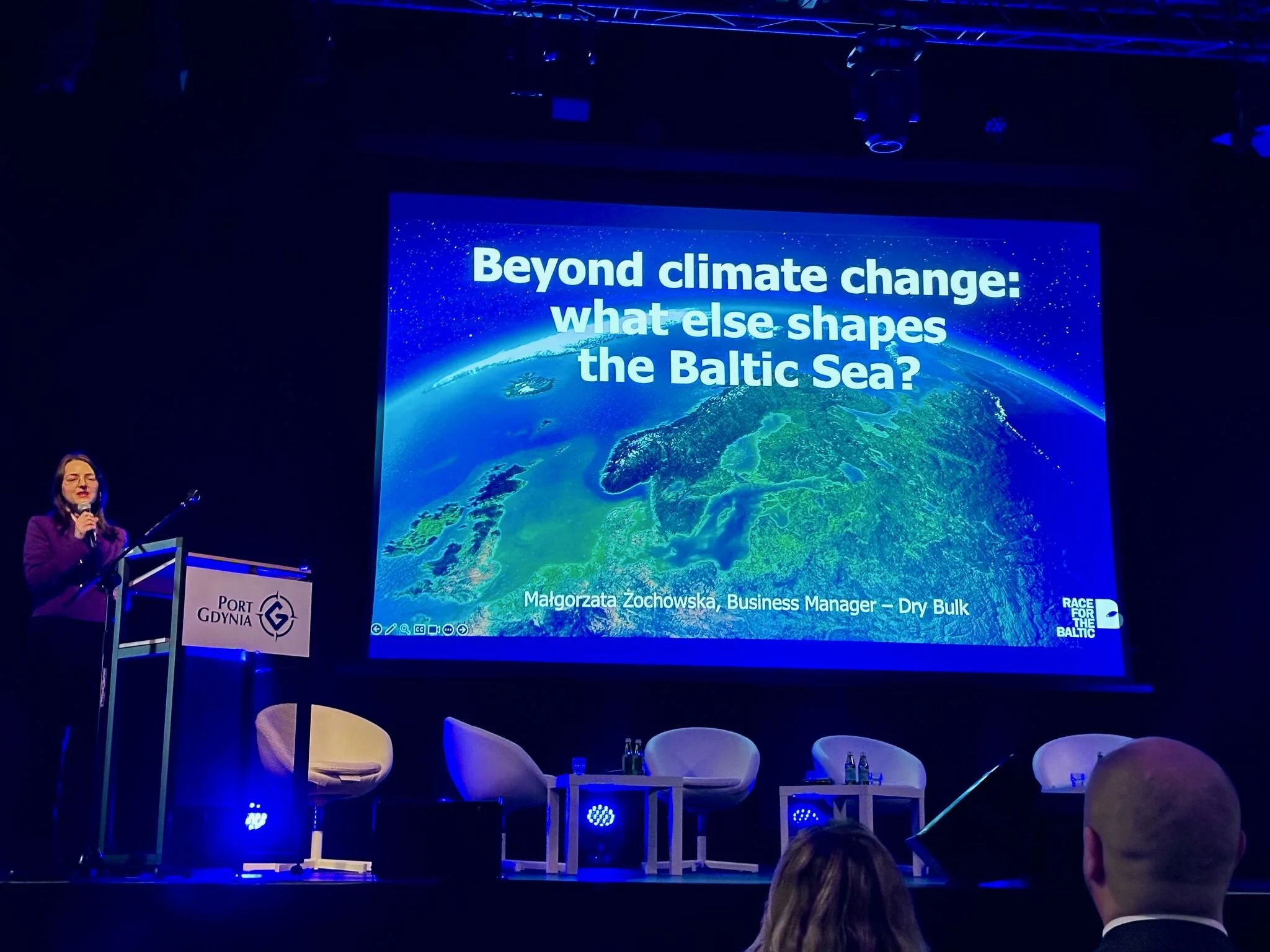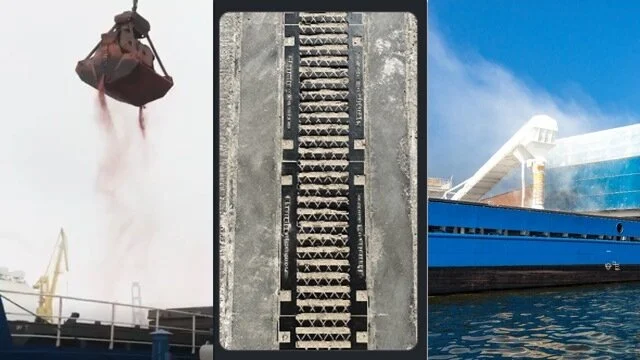Baltic Sea Solutions: För en trygg och blå framtid
Vi samlas i Stockholm för att fira Östersjödagen och för att djupdyka i konkreta åtgärder för ett friskare Östersjön (denna gång två dagar innan Östersjödagen). Här får du en unik möjlighet att nätverka med branschledare, dela idéer och bli en del av att accelerera arbetet för ett renare Östersjön.
TISDAG 26 AUGUSTI | MANNHEIMER SWARTLING STOCKHOLM
“Reed to Revenue” – A Toolkit for Turning Overgrowth into Opportunity
Common reed clogs coastlines, yet holds immense promise. This toolkit offers a springboard for municipalities, innovators, and businesses to unlock the value of Phragmites australis — for water quality, biodiversity, and blue circular economy.

